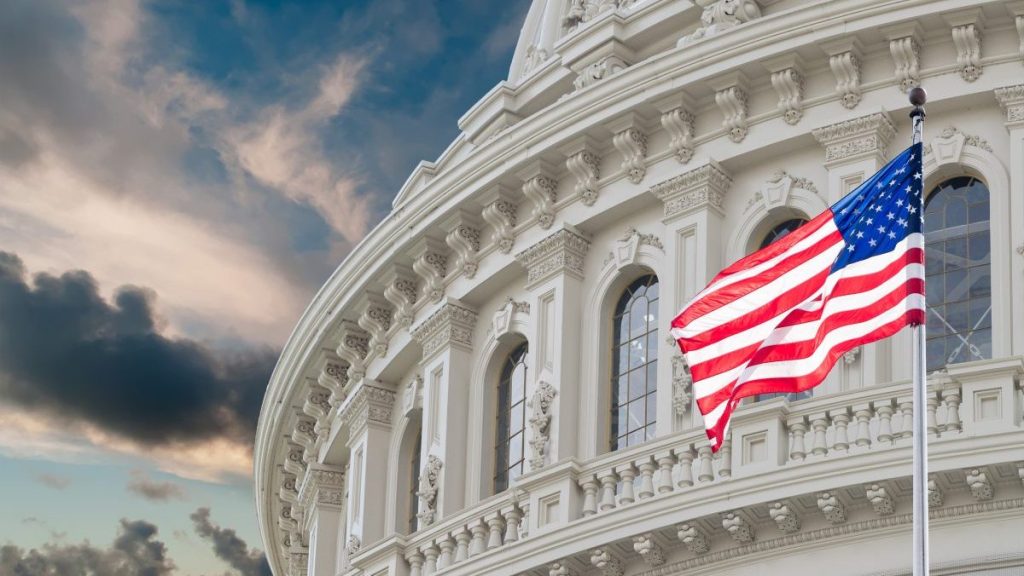As the debt ceiling battle continues between the Republican-controlled House of Representatives and President Joe Biden’s White House, the director of the Consumer Financial Protection Bureau (CFPB) is sounding the alarm over the potential consequences that a U.S. debt default would cause for the average American.
“It’s a big worry,” CFPB Director Rohit Chopra said last week in an interview with CNN. “Every family should be concerned.”
The main concern is related to borrowing costs, which would face a notable spike should a default occur, Chopra said. Everything from mortgage rates to credit cards and auto loans would see an increase in costs, which has the potential to impact the budgets of most Americans.
The U.S. debt is a major cornerstone for various forms of business and personal credit. Since U.S. treasuries are considered assets with limited or no risk, rates remain generally low. However, a default would change that, Chopra warned.
“If global investors do not think that is completely safe, all of us will end up paying for it,” he said. “A lot of things we assume are part of our financial fabric would get ripped away.”
Chopra said the CFPB is currently assessing the full impact a debt default would likely have on American consumers. But the concern related to a debt default would extend well beyond households, according to Chopra.
“From our own knowledge and oversight of the banking system, we know that everyone is extremely concerned. Corporate America, main street, all of it could be affected,” Chopra said to CNN. “The impacts are really quite acute, often for those who can least weather those economic storms.”
Chopra is far from the only government official warning of the severe financial consequences a default would bring. U.S. Secretary of the Treasury Janet Yellen has been sounding the alarm through official communications channels, as well as through direct calls to American business leaders.
While White House and congressional leaders held a meeting in the Oval Office last week to discuss the issue, there was no clear indication of progress. The impasse is related to government spending programs, including entitlements.
Republicans in the House want to exchange a vote to increase the debt ceiling for spending cuts on government programs, while the White House and Senate Democrats are adamant that a debt ceiling increase comes with no preconditions.
The staffs of President Biden and congressional leaders met through the weekend to negotiate, while the leaders themselves are scheduled to continue direct talks later this week.
On Monday, House Speaker Kevin McCarthy told reporters that the White House “seems like they want a default more than a deal.”
The White House has described the meetings differently. Treasury Department Deputy Secretary Wally Adeyemo called the talks “constructive” in a cable news appearance over the weekend.
Secretary Yellen previously warned that if a new debt ceiling bill is not passed, the government could default as soon as June 1.





